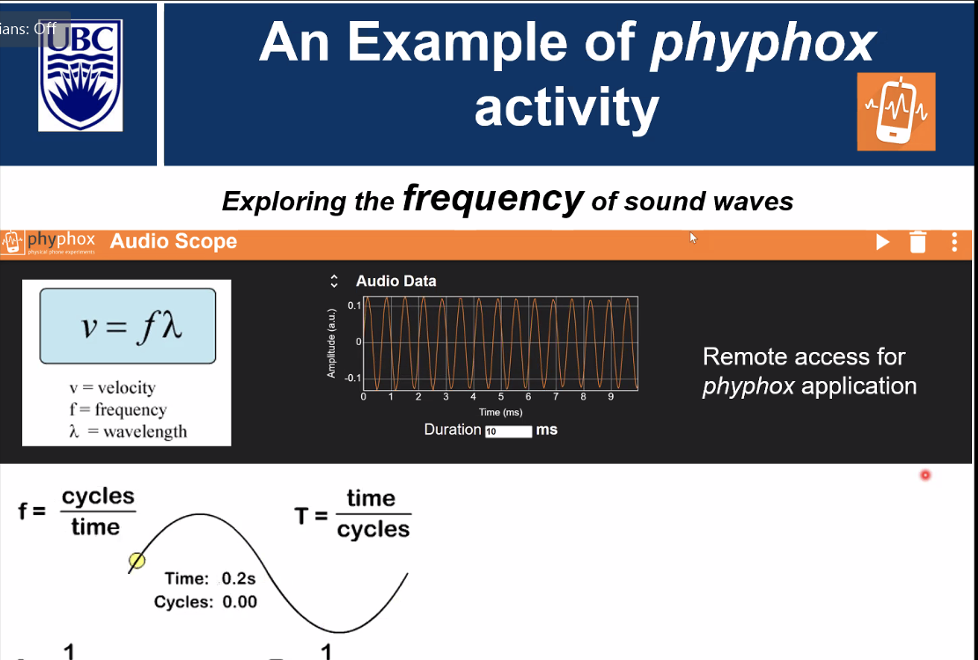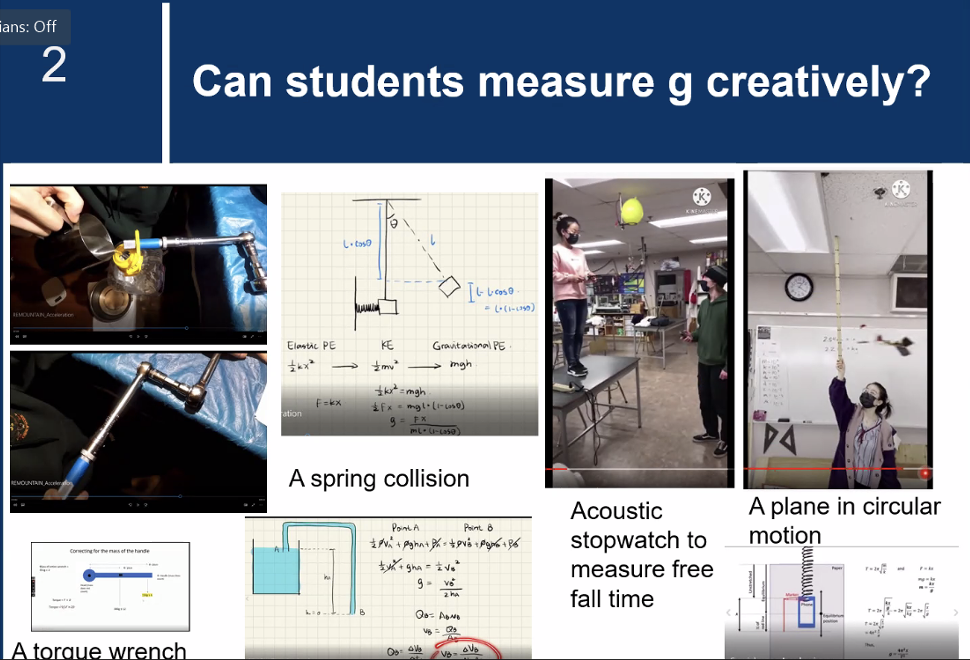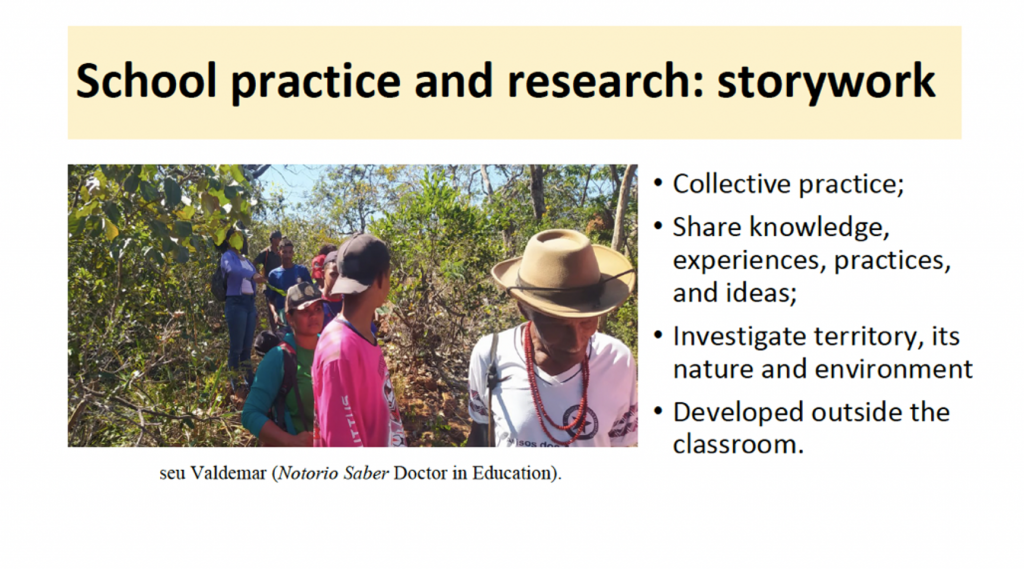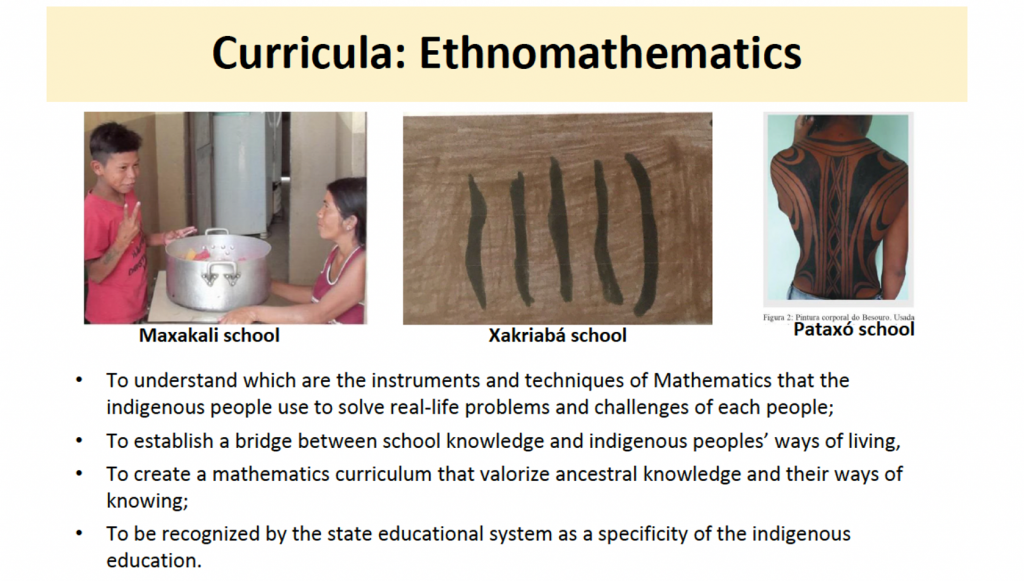Summary of SyMETRI meeting April 11th, 2023 by Qiaochu Xu
Presenter/Guest Speaker: Dr. Marina Milner-Bolotin from the Department of Curriculum and Pedagogy, Faculty of Education, UBC
Date: April 11th, 2023
Host: Dr. Cynthia Nicol
In the SyMETRI meeting on April 11th, 2023,
Dr. Marina Milner-Bolotin began our meeting stating that learning science and math is often mistakenly thought of as simply memorizing formulas, equations, and procedures. However, in reality, it is about visualizing concepts by utilizing constructive help from the technology and tools available to us. Dr. Milner-Bolotin, Professor in EDCP, presented several innovative examples from her research to engage students in learning science, physics, and math, utilizing smartphones and other online interactive tools. For instance, using the slow-motion camera setting on a phone to record waves, she demonstrated how students can visualize the properties of wave interference. Another example shared focused on the image produced when a slab of chocolate is heated using a microwave with a turn-table that didn’t rotate. In this example students can observe the entire chocolate becoming a two-dimensional wave plate and recognize the need for a rotating plate. Dr. Milner-Bolotin’s spoke about how she hopes to encourage educators to think creatively about how to motivate students and promote hands-on, inquiry-based learning instead of solely completing the worksheets.
Technology tools mentioned and discussed in the meeting to support student inquiry where students can use apps on their cell phones included:
- Desmos is an advanced online graphing calculator that offers various opportunities for digital math activities.
- Phyphox which functions as a sensor in the phone for physical phone experiments. For example, students can produce a sound of a certain frequency and record it with a second phone. This enables students to not only hear the sound but also see how it looks, helping them visualize the difference between frequencies of 250 hertz and 500 hertz. This activity teaches students about the mathematical representation of the speed of the wave, which is equal to the frequency times the wavelength.
- PhET Interactive Simulations, which creates and hosts explorable explanations for science studies. It can help to reinforce and clarify scientific concepts such as electricity, gravity, and energy transfer in a safe and engaging way.
Finally, the SyMETRI members discussed the challenges of adopting these technologies and tools in the classroom, including the need for educators to reconsider how they teach, and to be comfortable and confident with questions to which they may not have answers. Using technologies suggests requiring a willingness to make mistakes and the ability to model problem-solving with students. This practice also offers opportunities for interactive and hands-on learning and to develop of critical thinking skills.
Below are some of the slides from her presentation:
Presenter Bio
To learn more about Dr. Milner-Bolotin, visit her research web site at: http://blogs.ubc.ca/mmilner/.
Dr. Marina Milner-Bolotin is a science educator within the Department of Curriculum and Pedagogy. She specializes in science (physics and mathematics) teaching and studies ways of using technology to promote student interest in STEM (science, technology, engineering and mathematics).





